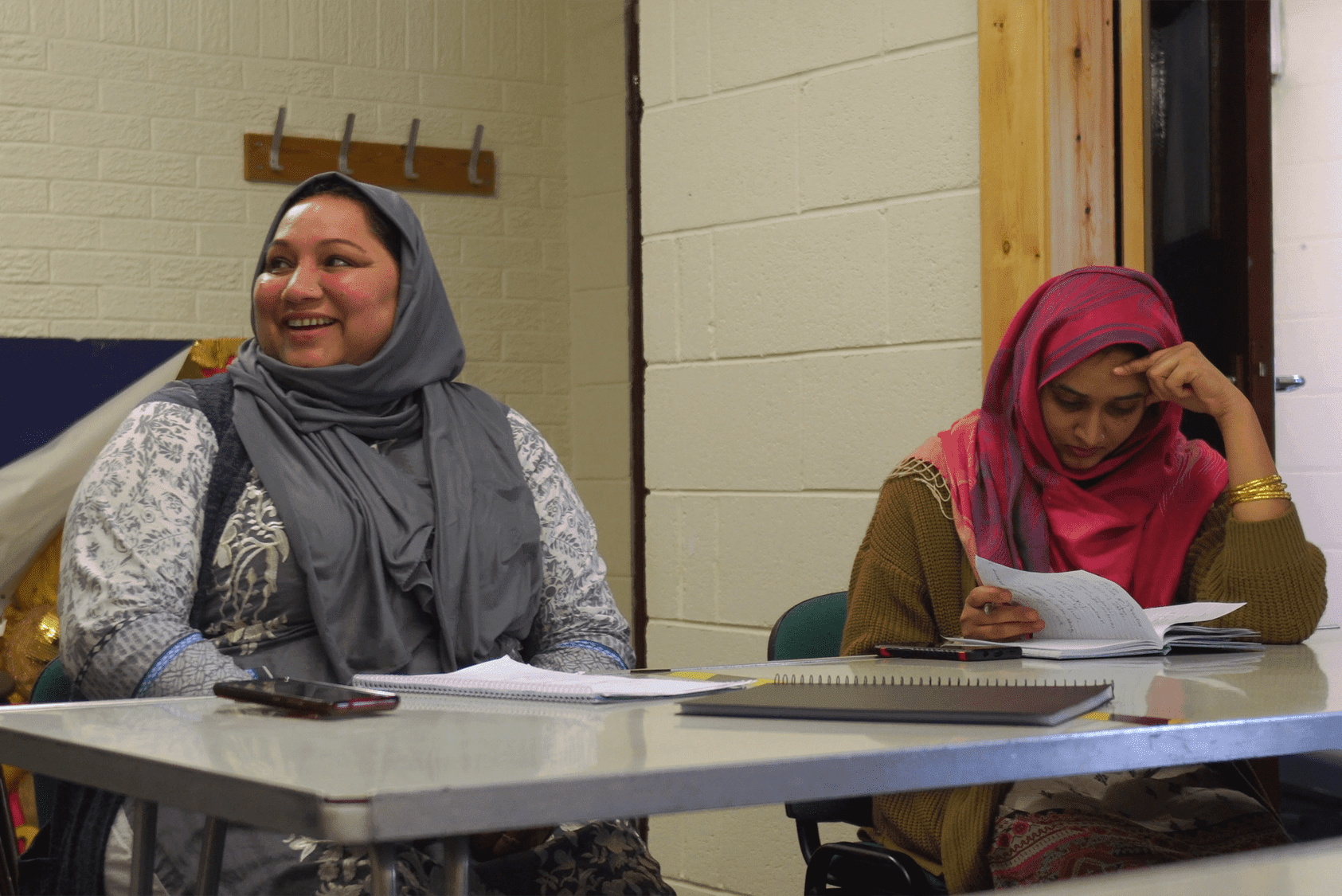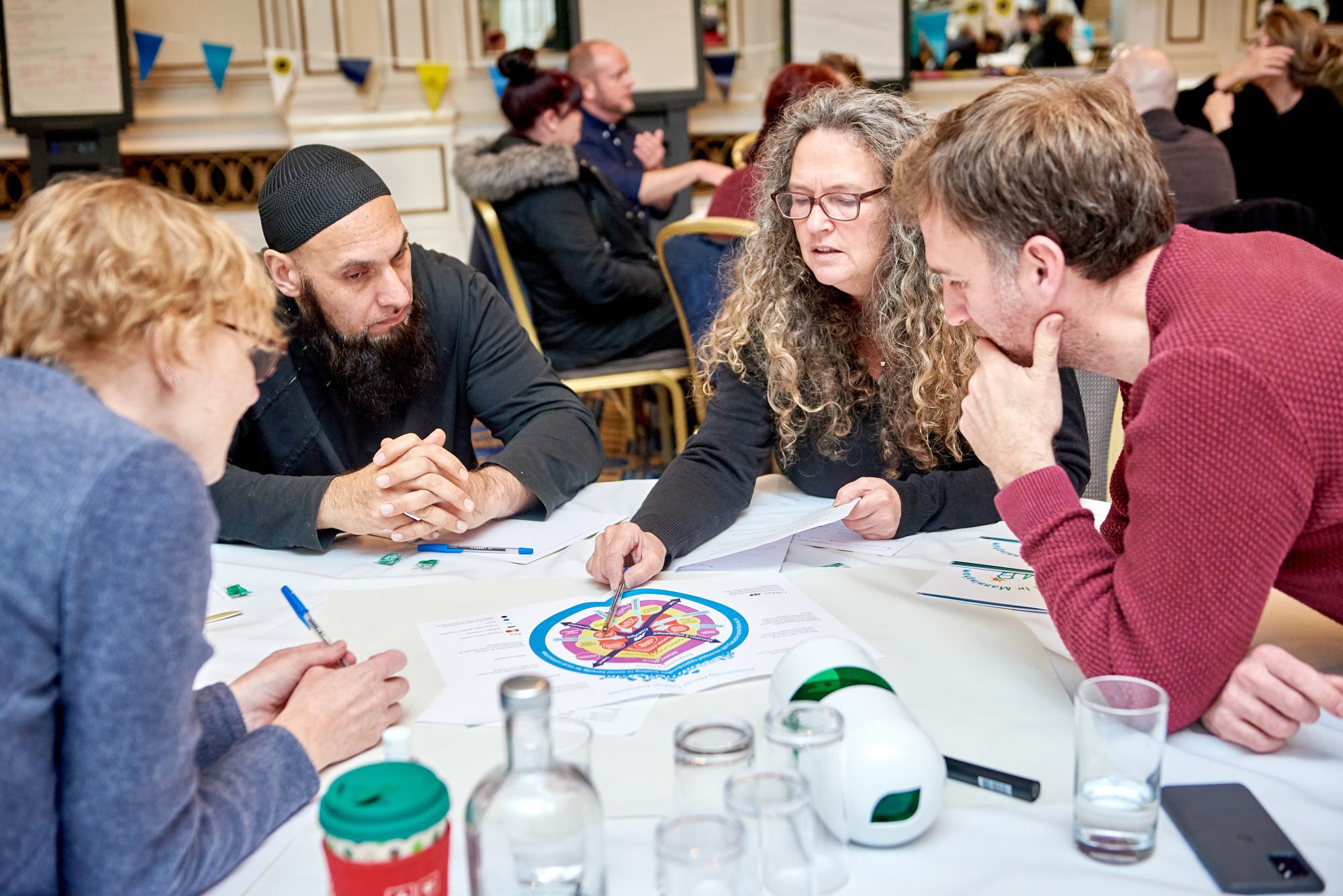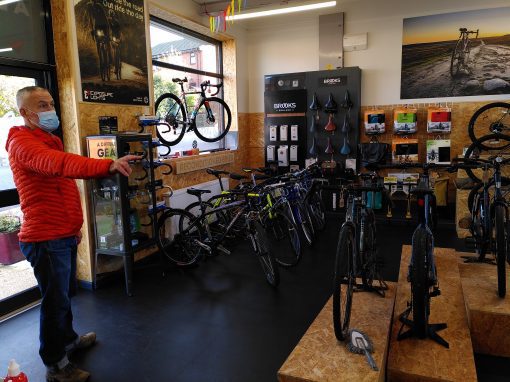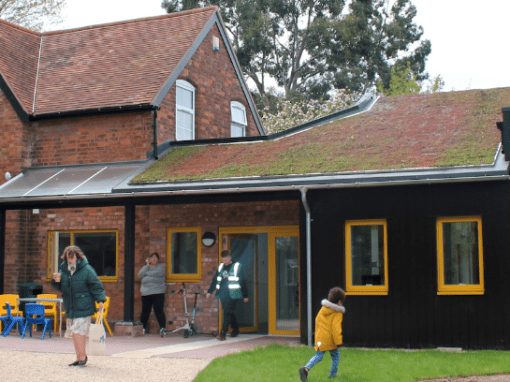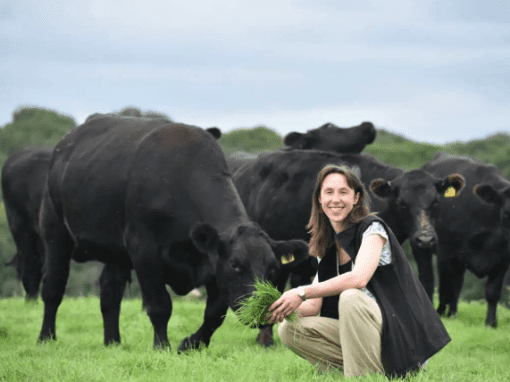Empowering Places was a unique five-year programme designed by Power to Change to explore ways in which ‘locally rooted’ anchor organisations, operating in areas of high deprivation, could be supported to ‘catalyse’ new community businesses. The programme hypothesised that this, in turn, would contribute to an overarching vision of more prosperous places, with more jobs and opportunities for local people.
The programme supported six lead anchor organisations, or ‘catalysts’, to develop local networks and grow the sector at neighbourhood level in: Wigan, Leicester, Grimsby, Plymouth, Hartlepool and Bradford.
The catalysts
The Empowering Places programme funded six catalyst organisations across the country:
- Wigan and Leigh Community Charity (WLCC), formally Abram Ward Community Cooperative, in Abram, Wigan
- B-inspired in Braunstone, Leicester
- Centre4 in Nunsthorpe and Bradley Park, Grimsby
- Real Ideas in Devonport and Stonehouse, Plymouth
- The Wharton Trust in Dyke House, Hartlepool
- Made in Manningham, incubated by Participate in Manningham, Bradford
Funded by Power to Change, and delivered by Cooperatives UK in partnership with New Economics Foundation (NEF) and Centre for Local Economic Strategies (CLES), Empowering Places provided catalyst organisations with a combination of expert guidance from a ‘tech lead’, access to specialist skills and support, grant funding, and money to award seed grants. Each catalyst received up to £1 million (July 2017–2022).
It’s kind of turbocharged things quite a lot. I think having the Power to Change brand is really helpful, it brings a lot of legitimacy. And to say they’re working with NEF and Co-ops and CLES.
Catalyst organisations worked with their communities to identify local needs and business opportunities. With the resources and support from Empowering Places, they then incubated businesses, supported them to take on assets, nurtured community groups along the path to community businesses, and supported entrepreneurs to connect with their community. Throughout the process, they motivated and empowered community business leaders and their teams, providing them with holistic, person-centered support.
We worked with other collaborators like the Centre for Thriving Places and the Relationships Project, to better understand the role of strong relationships and how to evaluate what matters in building and measuring a local wellbeing economy.
Key insights and learnings
The collaborative and holistic nature of the Empowering Places programme has resulted in a myriad of positive results. The programme allowed space for creating connections between local residents, community leaders and changemakers, in turn creating a stronger, more collaborative social impact space in marginalised areas. Their collective voice and influence was strengthened, helping them to gain greater access to political influence to further their growth and impact.
The majority of community businesses started out as just an idea and have been supported to set up as a legal entity, with a bank account, staff and volunteers, and some trading income.
Community businesses reported having increased confidence and skills to pursue their ideas, having received wraparound support and expert advice from catalysts. They have felt more confident and skilled in using sector language, applying for funding and building more strategic relationships with local councils for example.
A bit of kind of reassurance about our thinking from somebody who knows what they’re doing and has done this kind of thing. Quite often it’s like a validation, “yeah you’re on the right track”.
Lily Anne’s café in Hartlepool, for example, used ‘community organising’ to explore markets and model ideas, which resulted in ‘socially-prescribed coffees’ to help reduce loneliness and isolation to improve mental health. In December 2021, the National Lottery Community Fund awarded them a £75,000 grant to continue this work.
Not only has the programme benefitted community businesses in their day-to-day running, but the community spaces created has built community wealth, enriched the quality of social fabric, and enabled local people to convene and take action together. The result of which is a thriving environment for the social sector to grow.
What next?
While the Empowering Places programme may have ended, the catalysts are continuing to share learnings and experiences through a new community of practice facilitated by Place Matters, a partnership funded by Power to Change that is committed to accelerating the impact of place-based change through sharing and generating learning. The 2023 Community of Practice programme will continue to be shaped by the priorities of the catalysts, with Place Matters capturing and sharing key insights and learning That can inform effective place-based work across the UK.

